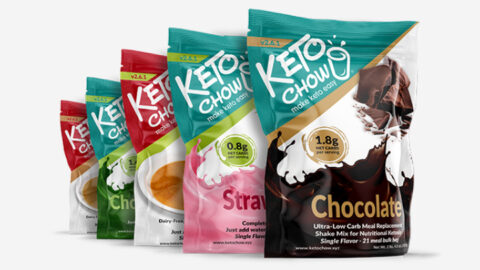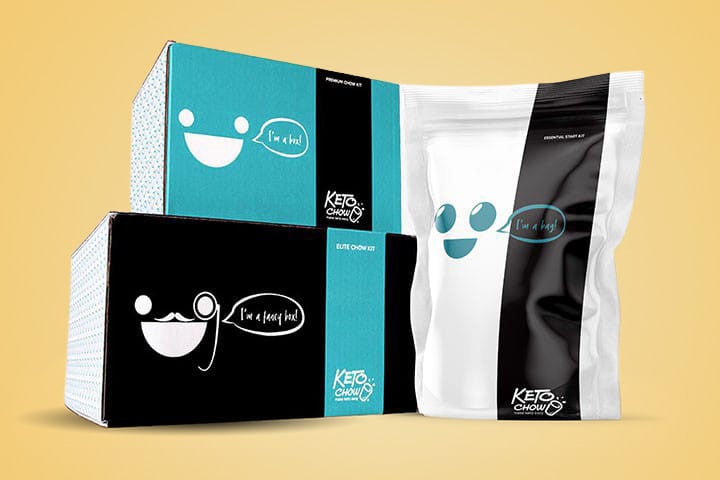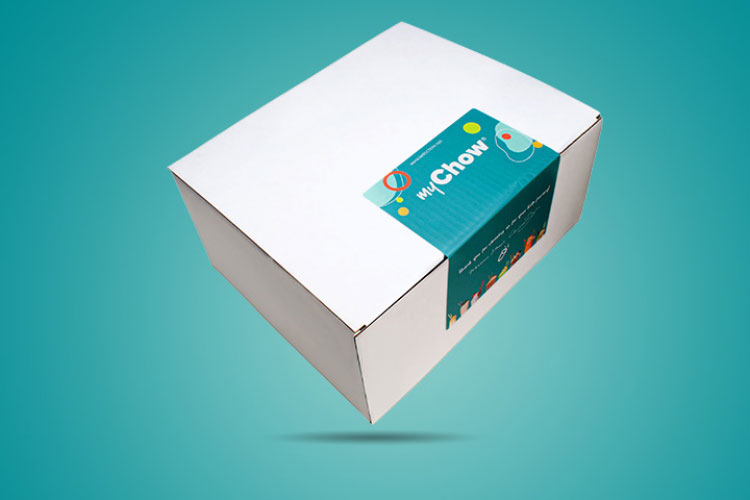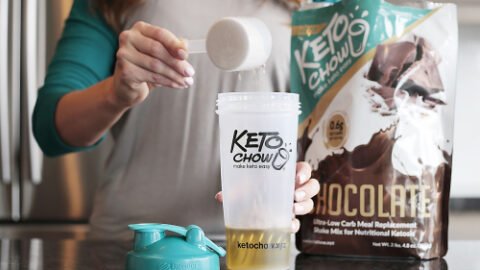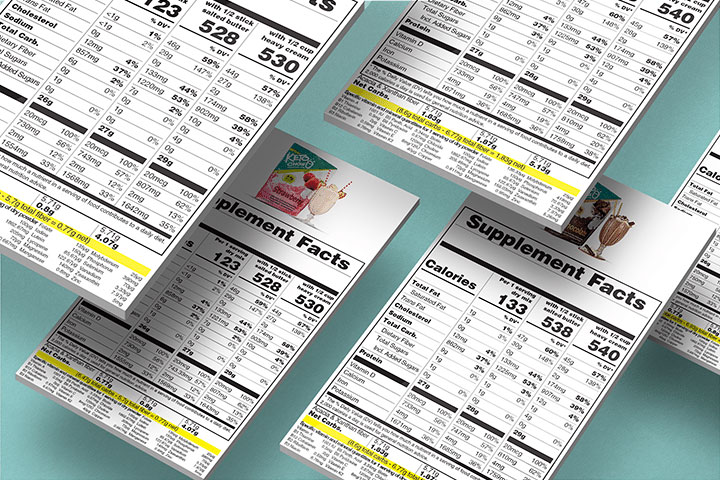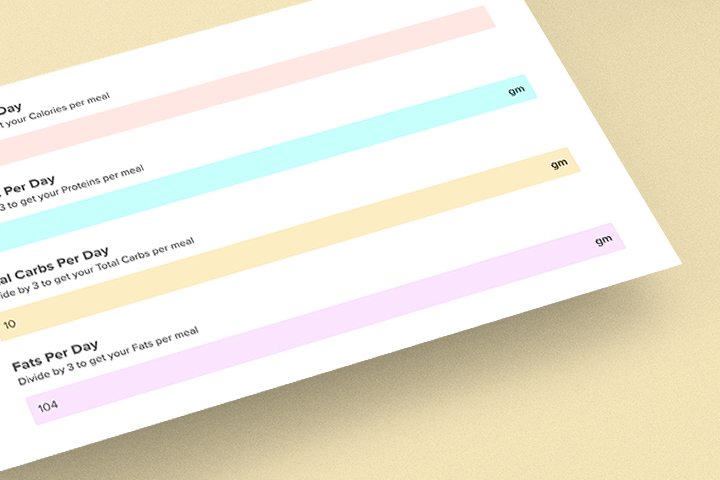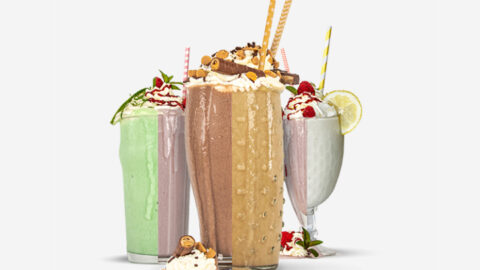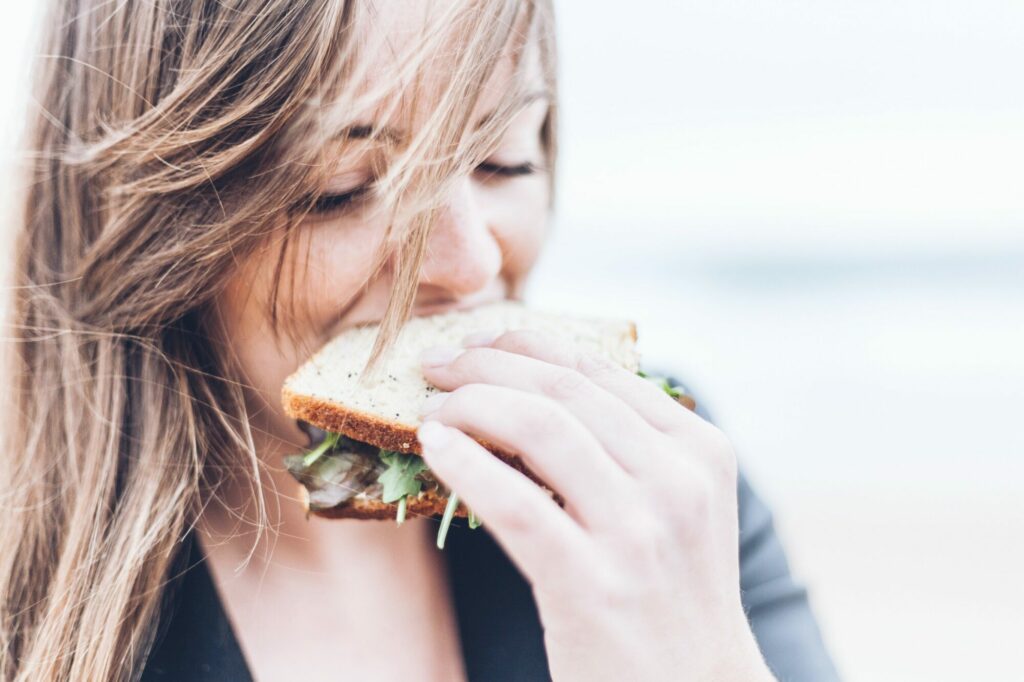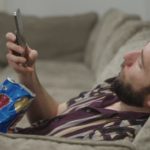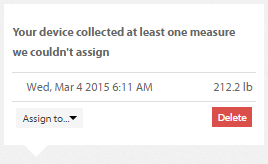I ate a slice of bread and it kicked me out of ketosis!
I ate a donut…how soon until I’m back in ketosis?
I went to a Chinese buffet and I ate All. The. Things. Have I completely and totally wrecked everything?
So…it’s time to talk about cheat meals.
Let’s say you’ve been doing keto for a while. You’ve lost weight, your heartburn and joint pain are gone, your blood sugar is the best it’s been in years, and you haven’t had a migraine in months. If you splurge on higher carb foods once in a while, do you automatically undo all of this great progress? Can you have a cheat day on keto?
What is a cheat meal?

First, it’s important to define what a “cheat” is. Well-known ancestral health authority Robb Wolf wrote in his book, Wired to Eat, it’s a little strange to use the word “cheat” when it comes to food. You don’t really cheat on a diet. You might cheat at a card game or cheat on your taxes, but cheat on your diet?
“Cheating” on a diet implies that there are ironclad, hard-and-fast rules. And the fact is, keto is different for everyone, so what one person considers a cheat might be a regular occurrence for someone else.
Not everyone needs to follow an ultra-strict keto diet in order to be healthy. Plenty of people do just fine on a low-carb diet, where small amounts of fruit, beans, and other slightly higher carb foods are part of their menu on a regular basis. For these folks, these higher carb foods aren’t considered “cheats” because they’re nothing out of the ordinary.
Other people choose to be strict keto most of the time but allow for occasional off-plan things. The majority of their meals are very low-carb, but maybe there’s a monthly poker night with beer and wings, a twice monthly visit to a favorite bakery, or maybe the Friday night family ritual is pizza or Mexican food, complete with the regular crust or rice, beans, and tortilla chips.
On the other hand, some people prefer to stay strict keto all the time, and depending on how they define that, they might consider a couple of strawberries to be a “cheat.” Cheating is in the eye of the beholder. Some people define it as anything that takes them out of nutritional ketosis. Others might define it as eating anything off their chosen food plan or food list, even if they’re still in ketosis.
Keep in mind that if you’re using a low-carb or keto diet to manage your weight, increase your energy, and generally just feel well and stay healthy over the long term, being in a constant state of ketosis is not necessary for you, so enjoying higher carb foods now and then isn’t a problem.
Who should not cheat on keto?

If you follow a ketogenic diet to manage a medical condition—one that you know is best controlled when you stay in a state of ketosis all the time, such as epilepsy—then you might choose to stay on the straight and narrow because cheating simply isn’t worth it for you. (In fact, it could be downright dangerous.)
But what about if you’re using keto to improve something like migraines, type 2 diabetes, acid reflux, or some other issue?
As a grown adult who gets to make their own choices about what they eat—remember, the only “rules” are the ones you create for yourself. If you choose to indulge in higher carb items once in a while, be willing to accept responsibility for the consequences.
You might trigger a migraine, have a gout flare or a heartburn episode, or an acne breakout. Are you willing to make this tradeoff to have certain foods now and then?
Only you know the right answer for yourself. (And keep in mind that thanks to creative chefs and recipe developers, there’s almost nothing you can’t find a delicious keto substitute for.)
A slippery slope
If you’re thinking about “cheating,” the key thing is to know yourself. Are you someone who can have a high-carb meal or even a whole day of eating higher carb foods and then get right back to your usual keto ways, or is it more likely that one sugary or starchy treat is going to lead to several days or weeks totally derailed from eating low-carb?
If you know from past experience that one piece will lead to two—which will lead to five, ten, twenty, and a three-day bender—then it’s probably best to abstain completely.
Many people who follow low-carb or keto diets to control sugar cravings and hunger in general find it’s easier to avoid trigger foods completely than it is to stop after just a couple bites or a few small pieces. If it’s safe to bet that one taste would inevitably lead to you polishing off the whole container, then it’s best to stop before you start.
If you find that you’re having those sugar cravings frequently, consider switching to a low carb alternative like Keto Chow, which has those sweet, sweet flavors that you enjoy, but without the added sugars.
A word to the wise about cheating on keto
However you define “cheating,” there are two things to be aware of when you eat higher carb foods that you don’t normally include in your diet.
Don’t weigh yourself afterward

Depending on how many carbs you eat, you’ll likely retain some water. It’s critical for you to understand that this really is just water retention, so if you’re up a couple pounds on the scale, it doesn’t mean you’ve gained body fat.
(What’s happened is your liver and muscles have stored some of that carbohydrate in the form of glycogen, and glycogen is like a sponge—it’s stored together with over twice its weight in water. Once you get back on plan and get rid of some of that glycogen, the excess water will go with it and you’ll see your weight come back down in a day or two.)
Don’t measure your blood sugar or ketones

If you typically measure your blood sugar or ketones, it’s best to avoid this in the aftermath of a higher carb meal or day (unless you need to measure blood sugar in order to dose insulin or other medication). If you want to see those numbers out of curiosity, it’s okay to check them, but don’t use them as a punishment or a reason to admonish yourself for your food choices.
You decided ahead of time that you were going to have something higher in carbs, so be comfortable with that decision and understand that the consequences are really only temporary. Depending on what you ate, how much, and any physical activity you engage in before or afterward, your blood sugar and ketones might go back to normal a lot more quickly than you think they will.
A new perspective on cheat days

Perhaps the most important thing about cheat days is your mindset. I’m not encouraging straying from keto if you know it works best for you, but it’s helpful to have a healthy perspective about the physiological implications on the rare occasion when you choose to eat off plan.
Back when you were eating a standard Western (high-carb) diet, if you happened to have one healthy, nutritious snack, or even an entire healthy, nutritious meal, did you ever say to yourself, “I ate this one healthy meal. I guess I’ve completely negated all those decades I’ve been eating junk!”
Of course not. Why? Because that’s silly.
One healthy or unhealthy meal won’t undo years of what came before

Of course one healthy meal or even an entire day of healthier eating doesn’t undo years of what came before. The good news is, in this same way, one high-carb snack or meal doesn’t reverse all the good you’ve done over the weeks, months, or years you’ve eaten low-carb or keto.
I can’t stress this enough: One healthy meal doesn’t negate a lifetime of eating poorly, and one high-carb meal doesn’t undo months or years of eating keto.
It’s important to understand that being in ketosis isn’t the same thing as being fat-adapted. If you’ve been low-carb or keto for a while, then a high-carb meal will “kick you out of ketosis,” but only temporarily. Likely for just a few hours—only for as long as it takes your body to use that glucose.
Even if you’re not in ketosis for a little bit after a higher carb meal, this doesn’t mean you’re not still fat-adapted. If your main goal in following a low-carb or keto diet is weight loss and overall wellness, then being fat-adapted (fueling your body mostly on fat rather than carbs) is more important than being in ketosis or having any particular ketone level.
If you’ve been running on fat for a while, your body’s not going to forget that just because you ate more sugar than you’re used to.
Summing up

If you’ve been eating low carb or keto for a while, a single meal or even a whole day of higher carbs won’t undo all the good things you’ve experienced, just like one nutritious low-carb meal or one whole day of eating keto doesn’t undo decades of having high blood sugar or insulin.
So can you have a cheat day on keto?

Let me be clear: you shouldn’t indulge in high-carb foods all the time; instead, you shouldn’t panic on the rare occasions when you do.
Looking for something easy to enjoy on your low-carb diet?

Then check out Keto Chow! Keto Chow is a keto-friendly, gluten-free shake mix that is perfect for those looking to burn fats instead of carbs. This meal replacement shake mix has 1/3 of your daily recommended nutrients, so you’re going to get the vitamins, minerals, protein and fiber that you need in one easy shake. Choose from over 30 flavors that are delicious and mouthwatering!
How to make Keto Chow: add Keto Chow, two cups of water and your choice of fat into a BlenderBottle®. Then shake, refrigerate and enjoy!
Looking for something that will help keep you specifically energized and hydrated? Check out our electrolytes and other supplements.
